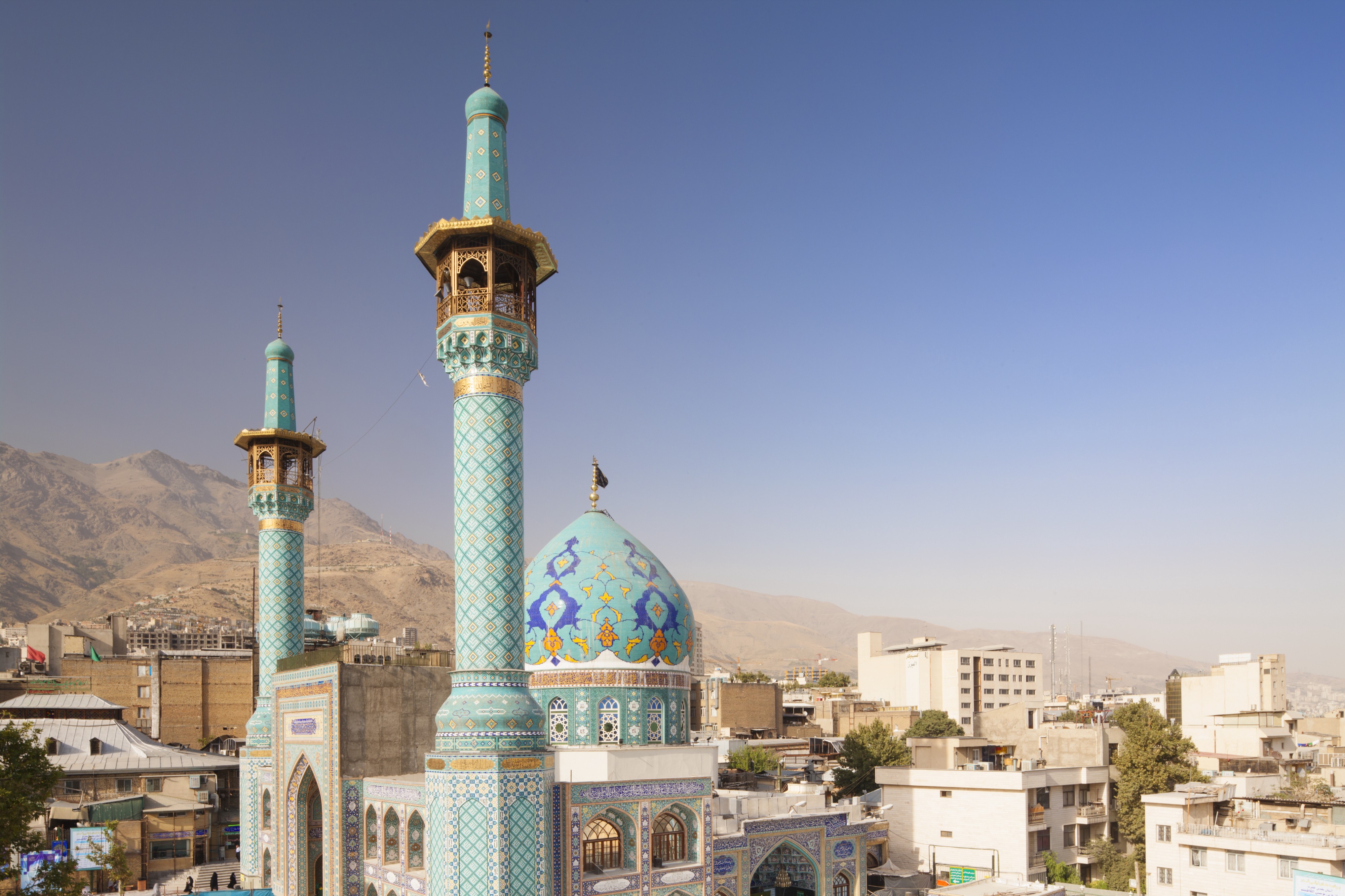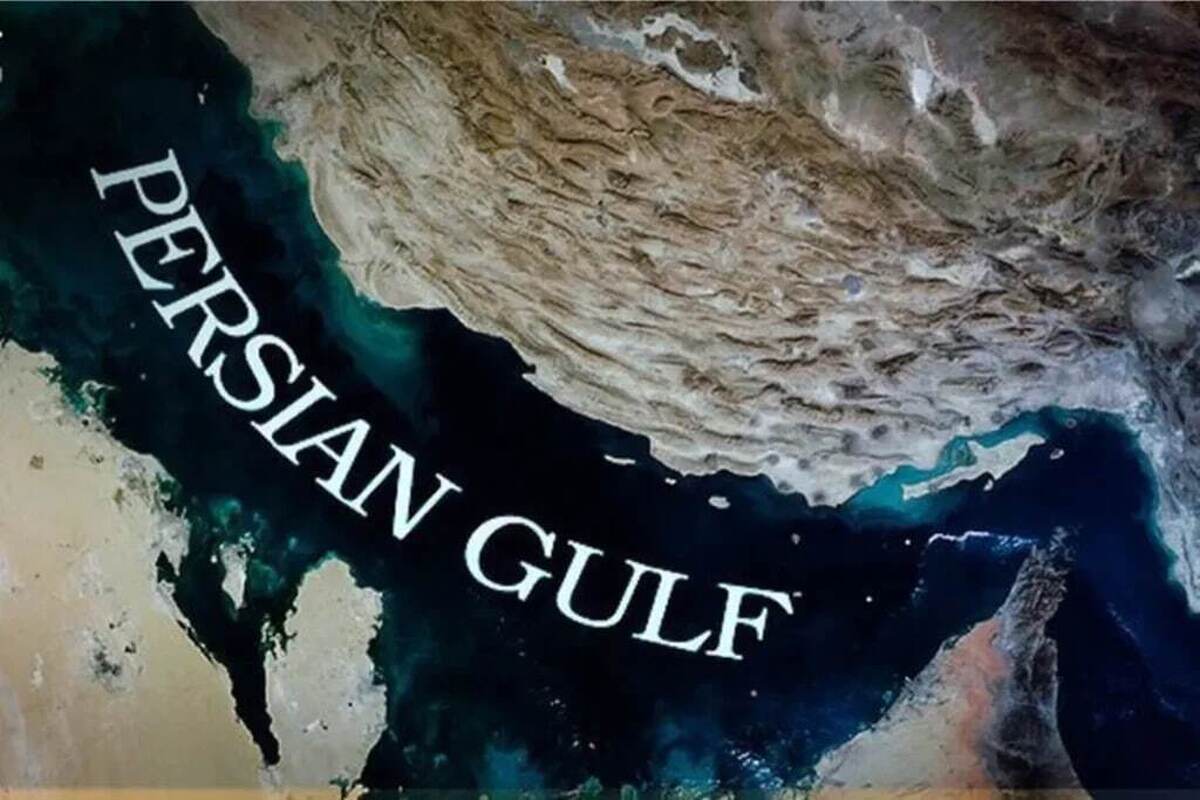
My Life in Iran During Coronavirus
I came to Iran in April of last year. By now, my husband and I thought we’d be back home in the United States. But with Covid-19 ravaging the country and the rest of the world, our tickets have been canceled. At first, I felt very insecure about being here, even as it is becoming clear that nowhere is safe from the spread of the coronavirus. We’re in a large city that is purely dependent on agriculture from other areas — questions of supply chain shortages and failures concerned me, as well as the potential for civil unrest. After all, it has been an extremely hard 2019 and 2020 for Iranians, pandemic aside.
However, after reading Western news and media and seeing the panic buying of toilet paper, disinfectants, and masks, I’ve wondered if perhaps it is not actually better to be here in Iran.
It has been an extremely hard 2019 and 2020 for Iranians, pandemic aside.
These days, supermarkets, farmers markets, and other shops in Tehran are at times crowded, full of people waiting in line with larger than usual amounts of food to buy. But so far, I haven’t seen any shoving, grabbing, fighting, or hoarding. The shelves are stocked. There haven’t been any shortages that I have yet noticed. I can still find everything I need.
Toilet paper is not as big a need here as elsewhere — people wash their bodies with water after using the restroom and might use toilet paper just to dry off. Nobody is doing the customary three kisses on the cheeks anymore; some have adopted the Wuhan Shake, or foot bump.
Very likely, the upcoming Nowruz, or Persian New Year, is going to be quite different, as it is customary to visit all your living relatives and host them as well. The road to the north has been blocked, banning Tehrani travelers from potentially spreading the virus to other, more susceptible and less prepared communities, like what has happened in Rasht, where there are no beds at the local hospital and plenty of patients still needing care.
There is an underlying belief in Iran that if you want to be safe from the coronavirus, you must also protect those near you. How can you be safe if your neighbors get infected?
There has been some ugly behavior here. Within the first week, masks had largely disappeared in Tehran and were being sold for much higher prices by opportunistic hawkers. Lemons, ginger, and garlic were very hard to find at the regular farmers markets — other vendors bought up the supply and have been selling them at two to three times the regular price, knowing they would be in high demand. Prices for ethyl alcohol are still extremely expensive.
The coronavirus in Iran has been marked by an enormous infection rate, a high death rate, the inadequacy of the Iranian medical system to deal with this pandemic, the effect of sanctions on medical supplies, governmental mismanagement, and a lot of other complications.
But there have also been a lot of beautiful things — far less reported on — happening below the surface. I wrote this piece to share a few:
- The anonymous ATM machine disinfecters: People have been photographed voluntarily disinfecting ATMs and providing homemade tools to limit spread of the virus.
- People leaving unused plastic gloves on public garbage bins for rummagers and garbage and recycling collectors.
- The voluntary translation of coronavirus instructions by a Chinese alumna of the University of Tehran, and another group of Chinese people and Iranian language students studying Chinese who are working hard to translate more information about the virus and its prevention from Chinese into Farsi.
- The people of Kakhk, Razavi Khorasan, a tiny agricultural town near the Afghanistan border, who have delivered gloves, homemade masks, and ethyl alcohol to each home.
- Landlords waiving two months of shop rent for their tenants.
- Microbiology specialists volunteering to work on coronavirus tests.
- A group of people gathering volunteers to make masks and full-body protective gear for health care workers.
- A campaign to help the people who have been destroyed by the economic crash.
- Regular people donating to support flood victims in Iran, despite the pressing nature of the coronavirus affecting everyone.
- The government giving everyone with existing home internet accounts 100 GB of free ADSL internet for two weeks so people can stay at home and work and not be tempted to go out.
- The dancing medical staff and singers in the hospitals trying to keep everyone’s morale high.
- The Iranian Children National Library has made 23,000 children’s books available to read for free online for library members, as the National Library is currently closed.
- The government’s extension of license validity for things like the operation of wells.
- Free sweets from a Gorgan bakery for doctors and nurses at nearby hospitals as a way of saying, “Thank you, warriors.”
- Online messages encouraging people to continue feeding the urban animals that roam the parks.
- And so many people taking care of their neighbors and co-workers, hunting through their network for someone who may have disinfectant or medicine to share.
There is an underlying belief in Iran that if you want to be safe from the coronavirus, you must also protect those near you. How can you be safe if your neighbors get infected?
Ultimately, we are all in this together. I hope we can all learn from the Iranians, who are suffering immensely and have little or inadequate medical resources to work with — yet they still share what they have and take care of those around them.
The coronavirus doesn’t distinguish between rich or poor, race or creed, or geography. We all rely on each other in this modern system we have built. By taking care of one another, we may be able to better weather this storm. And as I see it, working together is our best bet for survival and resilience.
Source: elemental.medium.com



